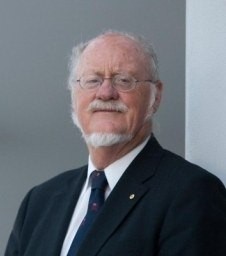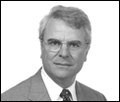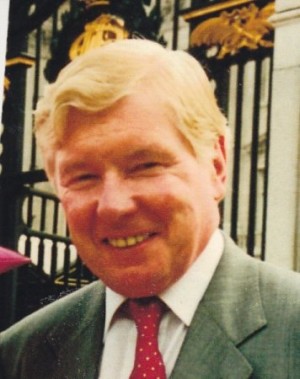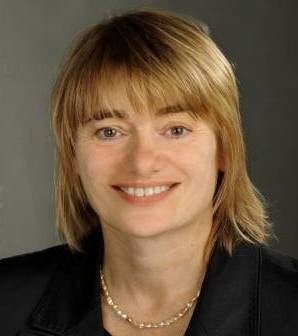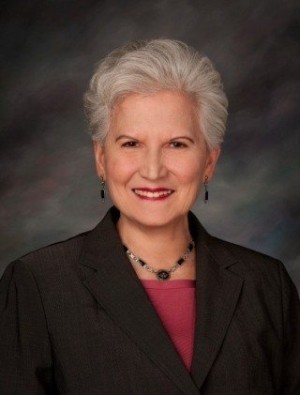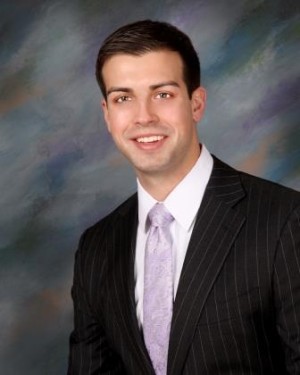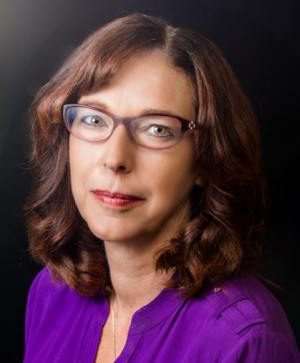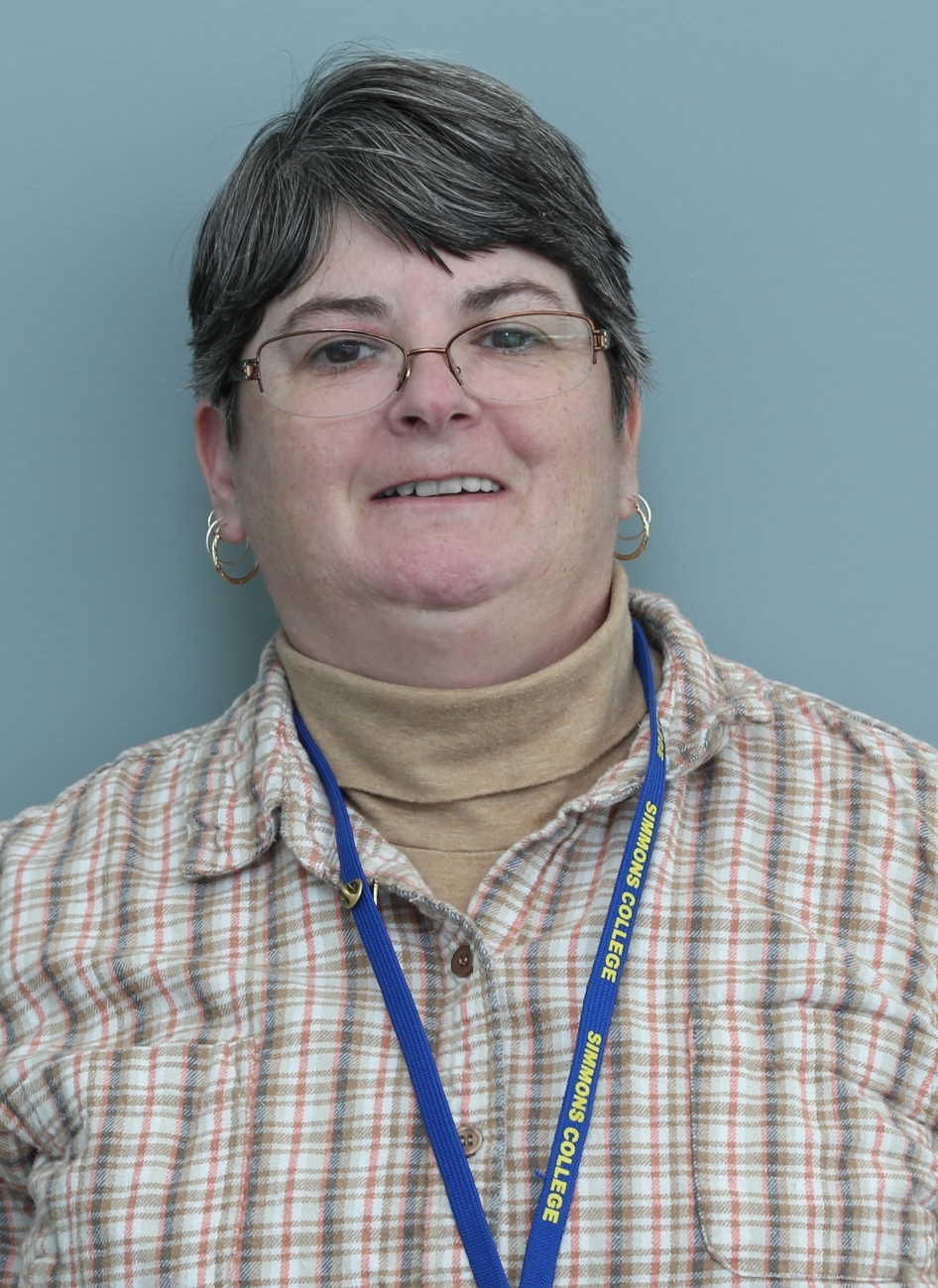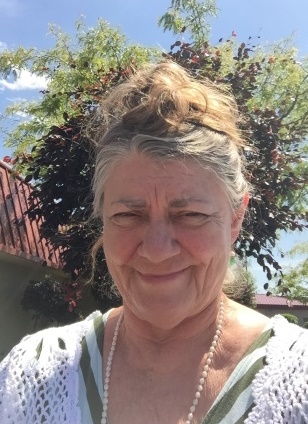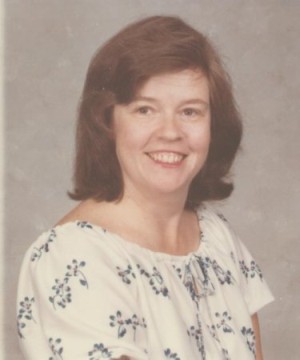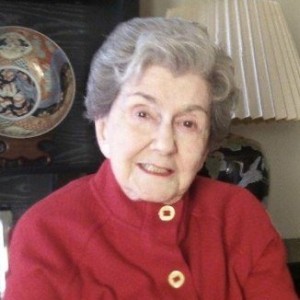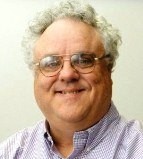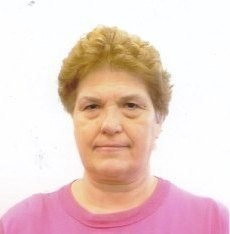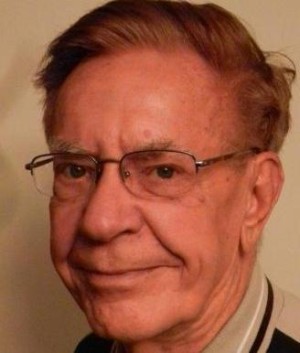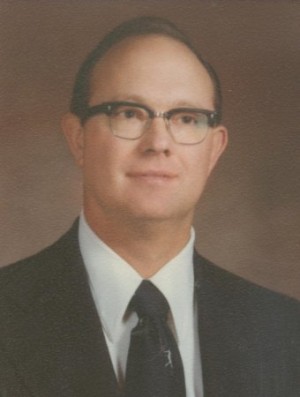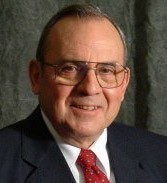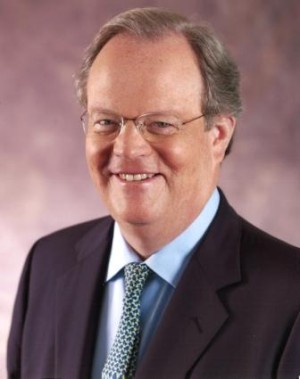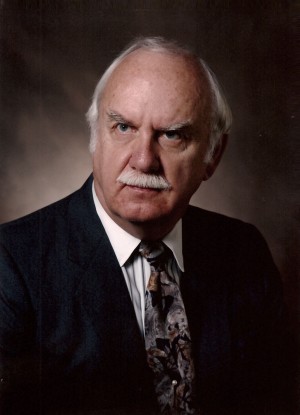Strathmore's Roundtable Biography for
William O'Connor, Ph.D.
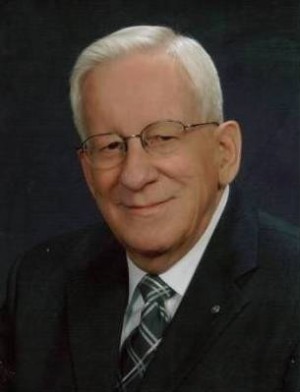 | William O'Connor, Ph.D. |
| Biography | I was born on a ranch in northeastern Montana. From the beginning I always had something I was required to do for the welfare of the family, from picking up eggs to milking cows and various other chores. I learned the value of work and this is what took me through many other decisions I made during the rest of my career. An additional lesson I learned was the value of a good education. In our one room country school on the ranch my dad and uncles were on the school board. They made certain they hired good teachers, and then let these teachers make the decisions on how to operate it. These teachers were stretched pretty thin teaching eight grades at a time, so much of our time we spent learning on our own. In addition to my basic coursework, I mastered all kinds of items such as Braille, Morse code and other equally trivial skills. What I wouldn’t have done if only I had a computer and internet connection for tools of research. From there I went to private schools for my high school and undergraduate education. I was surprised that I was missing very little academically compared to fellow students who had received their education in elementary schools in major urban centers. Mathematics was my strong suit and so I went into engineering as a major. Upon graduation, I went to work fulltime for the Montana Highway Department in surveying and then in structural design. Realizing the importance of tradeoffs among all resources in both areas, I returned to graduate school to gain the background in economics which would help me in decision-making among alternative resources. Both luck and good planning helped me to come out of graduate school without any major debt. My first academic position was in a major university and was primarily an administrative one. I realized that this administration was not a good match for my abilities and my real love was working with students in and out of the classroom. Most of my academic life has been spent with students teaching and hopefully passing on some of my passion for learning. As I moved to a smaller university I found that it was easier to develop learning opportunities for student learning in the local and regional community. We developed a Business Program in this institution. One of our requirements for graduation was to participate in a Senior Seminar. In this seminar we went out to small businesses that were having problems with various aspects of their business, studied what their problems were and submitted recommendations to them for working on these problems. These could be in marketing, management, finance, or any of the other aspects of a small business. The students followed them through the year to see what parts of their recommendations were followed and what changes occurred when they were followed. Not only did the businesses we worked with find this service valuable, but the students learned what was achievable in reality and what were the costs involved in making these changes. Another program we developed was in Internship Program for students. This was a one-semester program where students were required to find the openings of interest to them, to interview with their employer for these positions, and to work for that employer for a salary. They submitted weekly reports to their supervising faculty member so we could keep track of problems they were having and make the necessary changes to assure the success for the student and the employer. We made visits out to the work sites and brought them together at the end of their internships to share their experiences with the employers, our faculty, and students who were in the process of setting up their own internships. This was and still is a very successful program because the students learned what it was like to be out on the job, they were often successful in getting to make suggestions to the employer to improve various aspects of his business, and a large share of the interning employers kept them on after they graduated. For us it gave us the information we needed to submit to our accrediting agency as a final report on the fact that we were graduating students who had been properly prepared. Often the students made suggestions about areas that were missing from our curriculum so we could introduce these into the growth and development of our degree program. So the student, our department, and the employers were all winners. Additionally, being in a smaller institution gave me opportunities to do consulting in my fields of expertise, and to bring our institution into a variety of community outreach programs. I taught workshops to K-12 teachers and administrators as a consultant for IBM, worked with the Bureau of Land Management on resource planning documents, and as an expert witness for attorneys in determining lost wages of their clients. I was also involved with a number of community organizations such as Kiwanis (working with youth in the schools), our hospital foundation in building a new hospital, and with our volunteer programs in the community. It was my background in higher education that made each of these services possible. |
| Industry | Education |
| Title | Professor Emeritus of Business |
| Expertise | International Trade |
| Current Organization | University of Montana Western |
| Type of Organization | University |
| Major Product | Higher education |
| Area of Distribution | National |
| University/Degree | B.S., Montana State University; M.A., ABD, University of Montana; Ph.D., University of Colorado |
| Affiliations | AEA, NAS |
| Work History | Civil Engineering, Montana State Highway Dept., 1965-68; Graduate Assistant, Center for Economic Education, University of Montana; Assistant Professor of Economics, University of Missouri-Columbia; Research Associate, Social Science Education Consortium; Assistant Professor of Economics, Emporia State University; Assistant to Full Professor of Business and Economics, University of Montana Western; Professor Emeritus of Business and Economics, University of Montana Western; Proposal writing to federal and private organizations; Economics consulting for the Bureau of Land Management in natural resource economics; Teaching computer usage to secondary school teachers and administrators for IBM; Consulting to attorneys on the economic value of lost wages for clients for work-related injuries |
| Children | Caroline, Mary-Frances |
| Spouse | Margaret (deceased) |
| Married | December 27, 1967 |
| Full biographical and contact details are available to logged in members only. If you are a member please log in using the form in the header to see more data. If you are not already member you may Click Here to Register for consideration. | |



